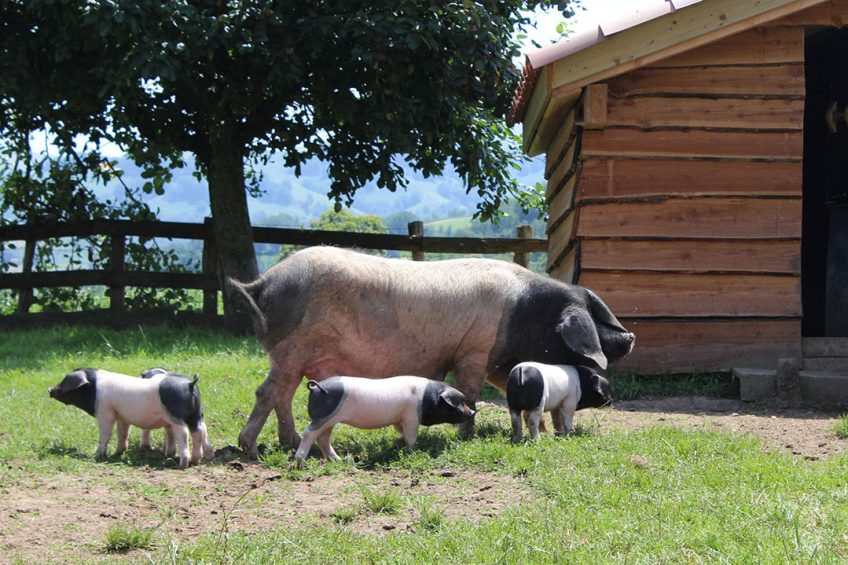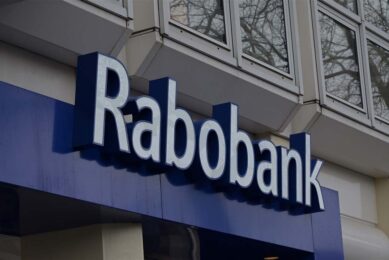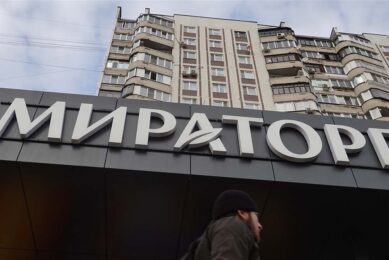Traditional pork taste that has stood the test of time

The EU PiG Innovation Group aims to discover and share best practices and innovations in swine production. This French innovation focuses on meat quality and the union of a local breed, land and men.
The ambassador
Pig breeder and artisan producer Pierre Oteiza, in the valley of Les Aldudes, France.
The innovation
Through much hard work and passion, Oteiza has chosen to protect the living heritage of the Basque pork breed in a valley between the mountains of France and Spain. In Basque Country, farms and lands have been passed down for generations, and he wanted to preserve the tradition of Basque pork through the Kintoa pork brand.
The idea
Oteiza wanted to be part of the rebirth of the Basque pig breed, which almost disappeared in the area. On his family farm, every black and pink pig is raised free-range over an average period of 14 months. Basque pigs eat roots, grass and seasonal fruits and nuts, including oak nuts, chestnuts and beech nuts from the forest, and their diet is completed by non-GMO corn, rye, bran and barley. The pigs drink whey from sheep and cow milk from the Aldudes dairy.
The collaboration
Oteiza, together with four other Basque artisans, built a community drying room. Here, pigs from the farm, and those of the 80 breeders that form part of the association of the Basque pig, become Kintoa ham, dried with air straight from the valley over at least 22 months. Other products include dry sausages, chorizos, black pudding, pâtés and traditional ready-cooked dishes.
The products are sold on a website and through ten shops in France, as well as to butcheries, restaurants and wine shops both locally and abroad. Some products are exported to a list of 24 countries, including Japan, Singapore, Hong Kong and Canada.
Today, Oteiza has 75 employees working on his farm. This project has had a significant impact on the social and economic development of the valley.
The result
Oteiza’s motto is “leave time to time”, and with a long rearing period and an average daily gain of about 406g, a minimum carcass weight of 100kg is achieved with a minimum backfat thickness of 25mm. Kintoa meat is deep red in colour and very marbled (content of intramuscular lipids >6% in the loin). After cooking, the meat is tender and juicy.
The best memory
“When the farm obtained the best label which could exist for us – the Protected Denomination of Origin (PDO), of Kintoa ham and fresh meat,” Oteiza told Pig Progress. PDO is an EU product quality scheme identifying products that are produced, processed and prepared in a specific geographical area, using the recognised know-how of local producers and ingredients from the region concerned.
The advantages
- Kintoa pig farmers make a net profit of € 0.58/kg live weight, and so the higher finisher pig price compensates for higher production costs.
- The tradition of this method of pig rearing has been preserved and mastered.
- Animal welfare is of the highest standard.
- The final product is exceptional.
- The farm has a meaningful impact on the social and economic development of the valle of Les Aldudes.
The costs
The cost of production is approximately 64% higher.
What’s next?
To develop the association in a sustainable and sensible way to respect everybody and everything, so every link in the valley can live off their work.
EU PiG Innovation Group
The EU PiG Innovation Group (EU PiG) aims to help pig producers find tried-and-tested best practice from fellow producers across Europe. Through an annual EU-wide contest, called the EU PiG Grand Prix, more than 300 producers share their innovative ideas and best practices, which are developed in response to industry-wide challenges, to compete to become one of eight EU PiG ambassadors. Each year, two topics are chosen for each of the project’s four key themes, namely health management, meat quality, animal welfare and precision production. In various editions of Pig Progress, a best practice will be discussed.
 Beheer
Beheer








 WP Admin
WP Admin  Bewerk bericht
Bewerk bericht